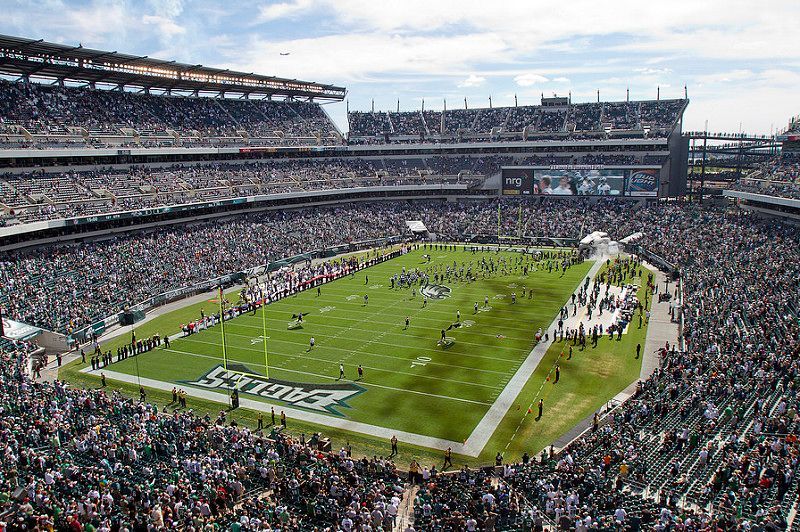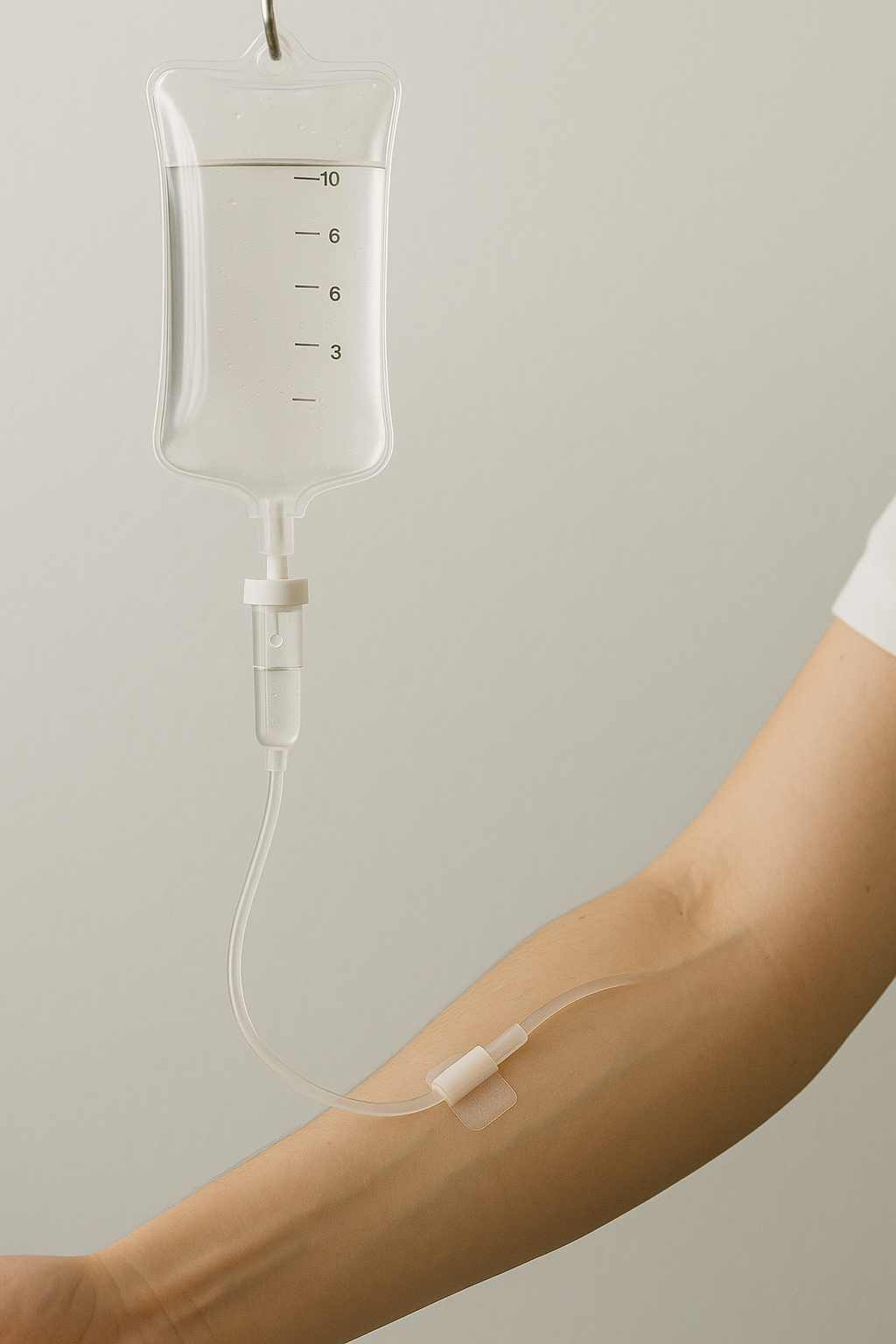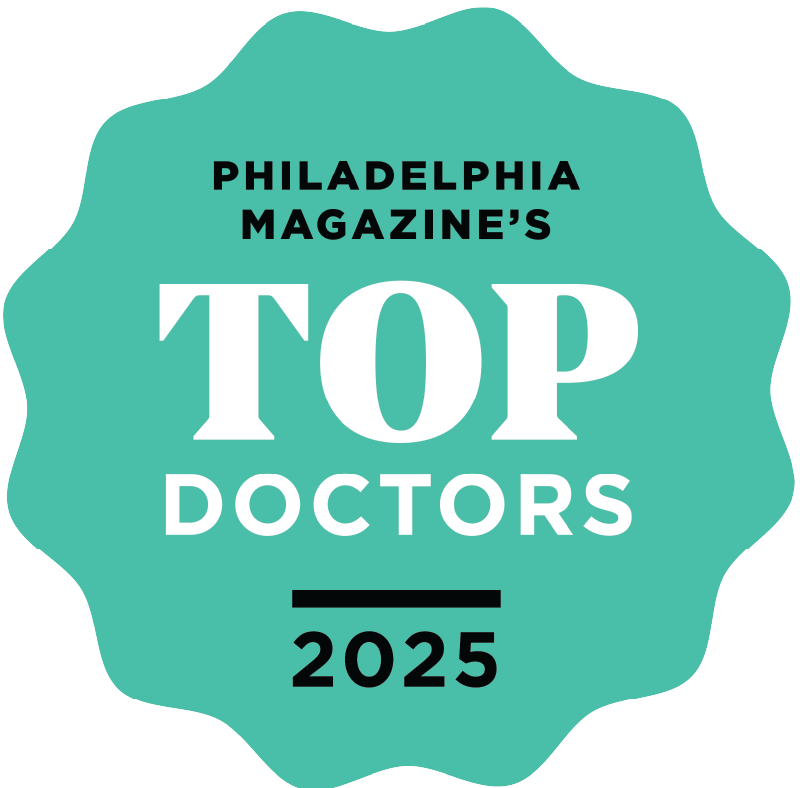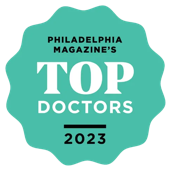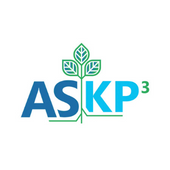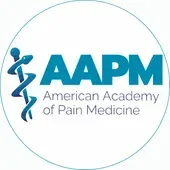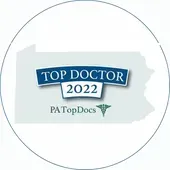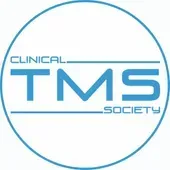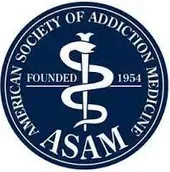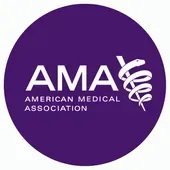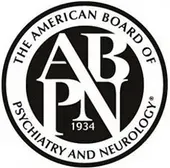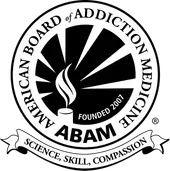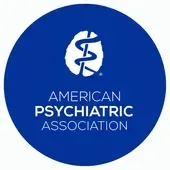Dealing With Depression in Addiction Recovery
Wave Treatment Centers
What is Depression?
Depression is a mental health disorder that can affect mood, energy level, motivation, and several other aspects of a person’s physical and emotional well-being. Depression is a general term that can refer to several conditions. The clinical term for these conditions is depressive disorders.
Two of the most common types of depression are major depressive disorder and persistent depressive disorder. Major depressive disorder is characterized by severe symptoms that last for at least two weeks. Persistent depressive disorder involves symptoms that aren’t always as intense as those of major depressive disorder, but which last for much longer.
A person who has persistent depressive disorder may experience symptoms on most days over a period of two years or longer. During this period, they may also sometimes have major depressive episodes.
Signs and Symptoms of Depression
Common signs and symptoms of depression include the following:
- Extreme sadness
- Diminished energy level
- Inability to feel joy or experience pleasure
- Abnormal sleeping patterns (which can include both insomnia and hypersomnia)
- Changes in appetite and resultant weight loss or gain
- Headaches and stomach aches
- Loss of interest in important topics, issues, or events
- Difficulty concentrating or focusing
- Lack of motivation
- Pervasive sense of hopelessness
- Thoughts of self-harm and suicide
The symptoms of depression can have a profound negative effect on a person’s life. But depression is treatable. People who experience depression in addiction recovery or at any other time in their lives can achieve improved quality of life when they get effective professional care.
The Link Between Depression and Substance Abuse
There is a strong association between depression and substance abuse. In certain cases, people who have depression turn to substance abuse as a form of self-medication. They abuse alcohol or another drug in an attempt to temporarily numb themselves from the distressing symptoms of depression.
In some circumstances, people who have been engaging in heavy or long-term substance abuse may have an elevated risk for developing a depressive disorder. This may be especially true of people who have experienced personal, professional, and/or legal problems due to their substance abuse.
Co-Occurring Disorders of Depression and Addiction
One of the many dangers of substance abuse is the development of a substance use disorder. This is the clinical term for addiction.
Millions of Americans are currently living with depression and co-occurring addiction. Clinicians refer to this as dual diagnosis. According to the 2019 National Survey on Drug Use and Health, 9.5 million adults in the United States had a substance use disorder and depression or another mental illness in the previous year.
Coping Strategies for Depression in Addiction Recovery
One of the many benefits of receiving professional care for a substance use disorder is that you can develop effective strategies for coping with depression in addiction recovery. Depending on how you have been impacted by both addiction and depression, the following services and strategies may help:
- Mindfulness : This is the practice of being fully present and aware of your emotions and environment without judging or otherwise reacting to what you are experiencing. In addition, mindfulness can be an effective tool for managing symptoms of depression without resorting to substance abuse.
- Dialectical behavior therapy (DBT) : This therapeutic approach can help you develop skills in four areas: distress tolerance, emotion regulation, mindfulness, and interpersonal effectiveness. These skills can empower you to cope with depression in addiction recovery in a healthy manner.
- Journaling : Expressing your thoughts and feelings in writing can help you process them more effectively. Journaling can provide you with both distance and perspective, so you can acknowledge your emotions and consider how they are impacting your life. The insights you receive from journaling can help you develop healthier ways of responding to difficult situations.
Find Treatment for Depression and Addiction
Depression and addiction are both treatable conditions. However, it’s important to receive comprehensive care from a provider that can effectively address both disorders.
If you have been seeking professional treatment for depression and addiction, here are some important questions to ask when you contact or visit a facility:
- Do you offer specialized dual diagnosis programming?
- If I need to complete detox, can I do that at your center?
- What are the qualifications of the professionals who provide care at your facility?
- How will you determine what services are best for me?
- Do you offer medication management services or medication-assisted treatment (MAT)?
- Can you effectively treat people who also have a history of trauma?
- Can I tour your facility or see photos of your treatment environment?
When you are trying to find treatment for depression and addiction, focus on identifying the provider whose services match your needs and expectations. In conclusion, there is no single form of treatment that is perfect for every person. What’s most important is finding the place that’s the best fit for you.
Begin Treatment for Depression & Addiction in Philadelphia, PA
September is National Recovery Month as well as Suicide Prevention Awareness Month. Don’t let detression derail your addiction recovery. WAVE Treatment Centers is a trusted source of personalized care and comprehensive support for adults in the Philadelphia, Pennsylvania, area. Contact us today to learn how we can help.
The post Dealing With Depression in Addiction Recovery appeared first on WAVE Mental Health Treatment Centers.
Schedule Your Consultation
Chestnut BLOG Form Submission
